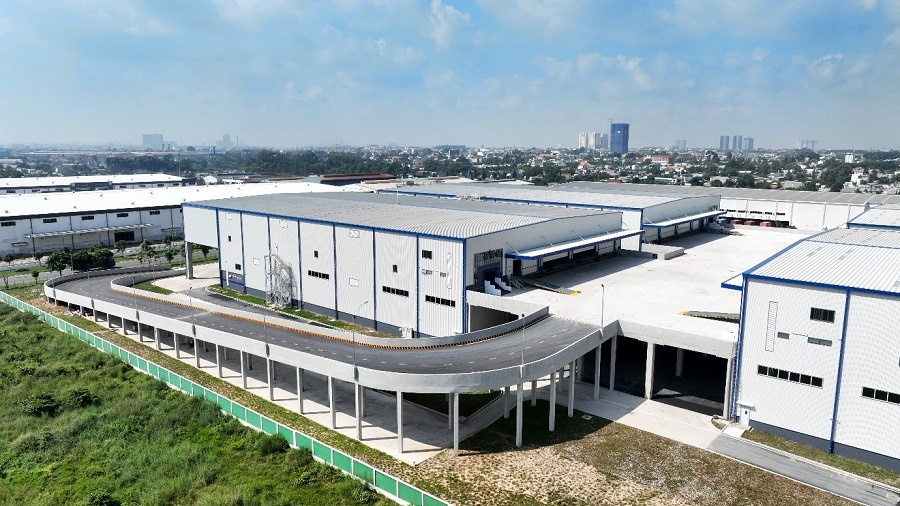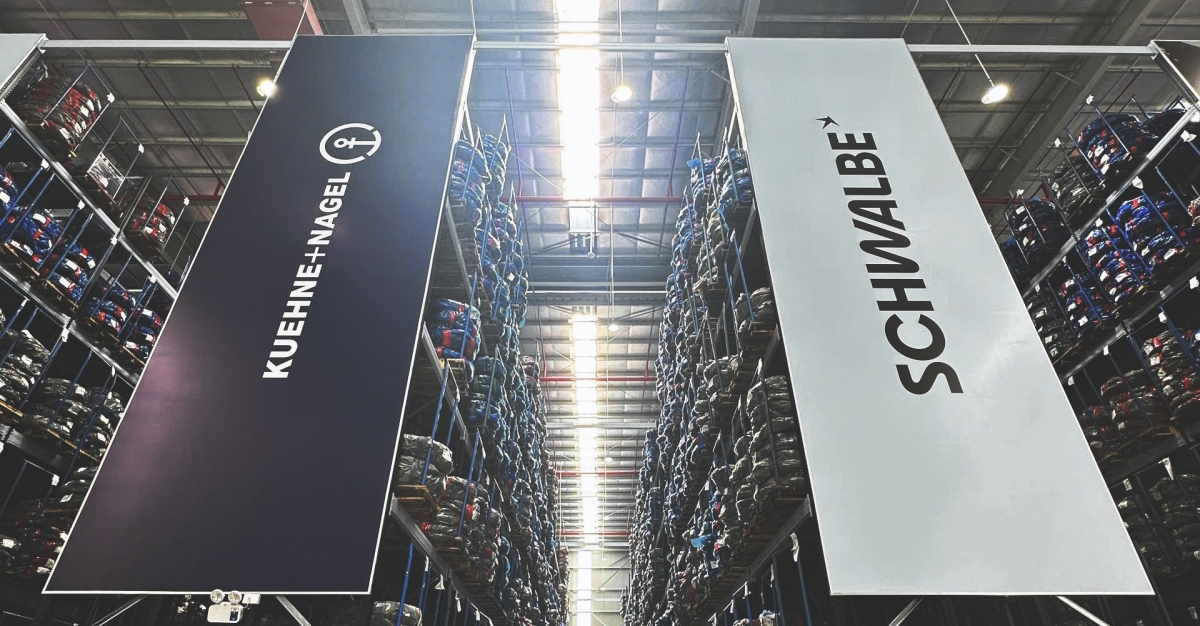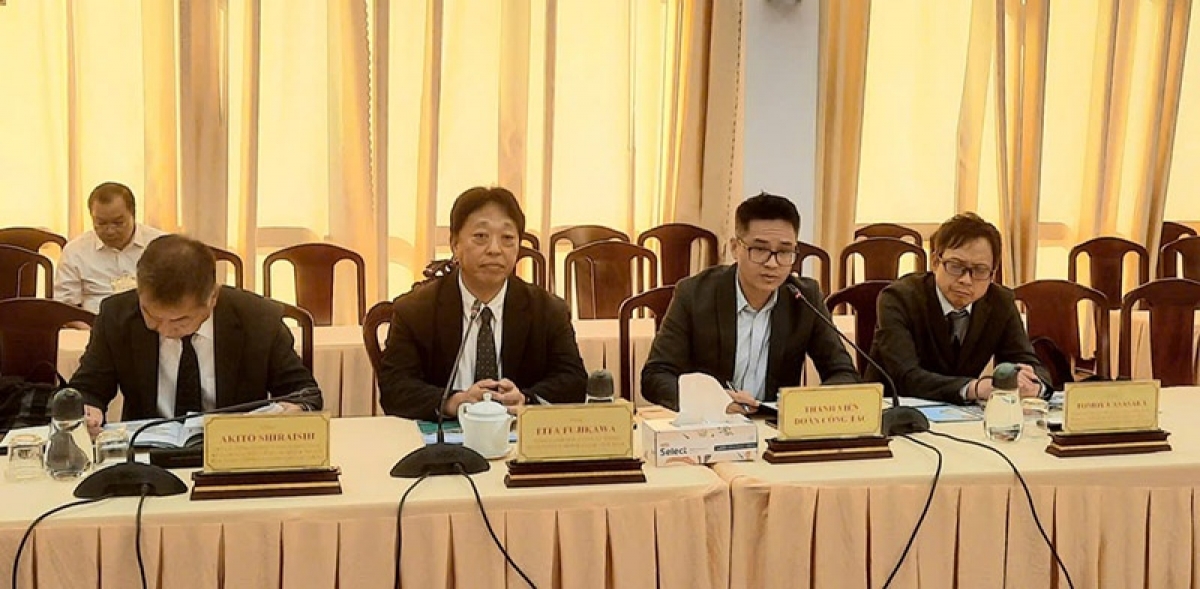INTERNATIONAL INVESTMENT
AND PORTAL
Land lease in industrial zones is a major concern of manufacturers investing in Vietnam. This short Q&A with Hao Tran, head of Legal at BW, provides a legal perspective.
 Hao Tran, BW head of Legal
Hao Tran, BW head of Legal
In recent years, the Vietnamese government has been actively investing in infrastructure. This includes seaports, highways, and airports to facilitate business expansion in Vietnam. The 20 per cent tax rate in the country is lower than other countries in the region (over 24 per cent), which attracts many international investors.
The government signed the Regional Comprehensive Economic Partnership (RCEP) in 2022, and it is the second-factor attracting the industrial land investors in Vietnam. According to The Ministry of Planning and Investment (MPI), Vietnam attracted 2,036 newly registered foreign-invested projects in 2022, up 17 per cent compared to 2021.
What are the key factors for land lease in Vietnam?There are five key factors manufacturers need to consider when they come to Vietnam to lease land for their business in Vietnam:
Location: Manufacturers need to make sure that the zoning and environmental requirements of the target location allow their type of business. For example, if your business is in a sector that may cause pollution, you cannot lease in an area near residential zones. To get this information, manufacturers must look into the zoning and environmental requirements of the specific Industrial Zone (IZ) to see what businesses can be for a particular location. Construction master plan: A construction master plan provides details about what you can build on a specific location. This includes what construction parameters are, how many floors you can build, and the site’s coverage. You should carefully research this information and list it in the detailed master plan for the IZ you are interested in. Land title: Manufacturers must notice the land title when leasing the land from an IZ developer. The developer must get their title so that the manufacturer can get the title for the land and building when construction is complete. Lease term: The Land Law 2013 and Decree 43/2014 ND-CP clearly state that the land lease cycle in IZs is calculated based on the investment period of the project. The total period of industrial land lease must not exceed 50 years. However, the developer may have leased the land a long time ago from the government authority, so the remaining term of the land could be, for example, about 30 years. Manufacturers need to know how many years the remaining terms are because the term will impact land value. Manufacturers can find information in the land agreement between the developer and the government authority. Rent payment: In Vietnam, there are two types of lease: annual payment and advanced payment. If the developer pays the rent to the government upfront, manufacturers can get an upfront land title for the land. In that case, the land is considered a fixed asset and can be mortgaged at a local bank for business financing. These do not apply for annual payment, but the price is much cheaper compared to an advanced one. However, recently, the Vietnamese government provides annual land, so the upfront payment method may not be available for new IZs. BW 2-storey ready-built warehouse - Tan Dong Hiep B project Location, construction and licensing: which takes more time?
BW 2-storey ready-built warehouse - Tan Dong Hiep B project Location, construction and licensing: which takes more time?
The key challenge with land leasing is licensing. To secure land plots for a factory, manufacturers need to sign a land reservation agreement with an IZ developer before they can apply for an investment registration certificate for the project. After that, they can establish the company in Vietnam.
This process normally takes anywhere from six to 12 months, depending on how fast negotiations with the developer are, and how fast manufacturers can complete the internal and licensing processes. Manufacturers can then start pre-licensing works, applying for a master plan, feasibility study, environmental assessment, design approval, and a construction permit. This process can take up to nine months or longer. The entire process can take at least a year and a half before construction can begin.
As for construction timing, it depends on the progress. Operation can begin immediately after the project’s construction is complete. There are some additional approvals to acquire to certify that construction is complete and ready to be put into operation, such as the fire fighting certificate and the completion certificate from the government. In total, this procedure can take up to two years or longer.
In conclusion, the land lease process require investors to take many things into consideration, including location, construction master plan, land title, lease term and rent payment.
By Bao Giang



















